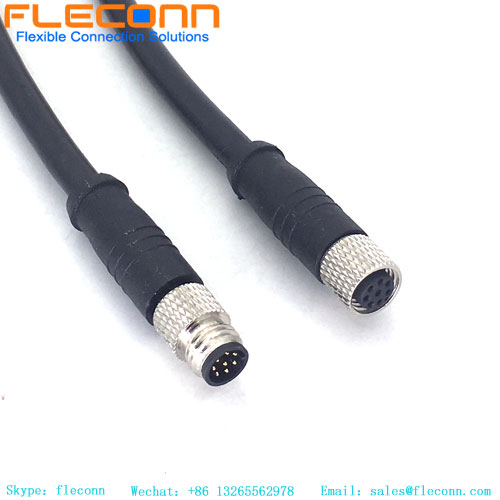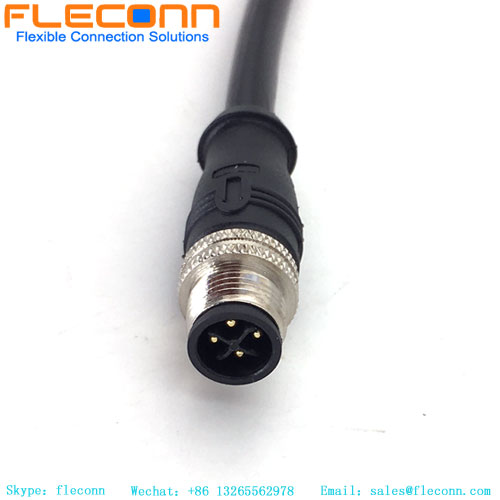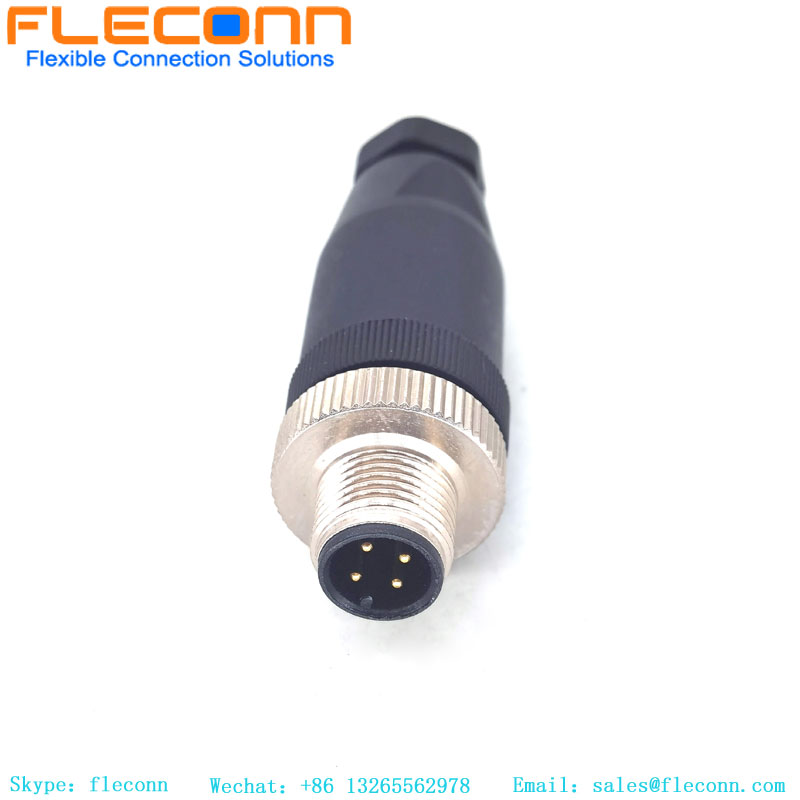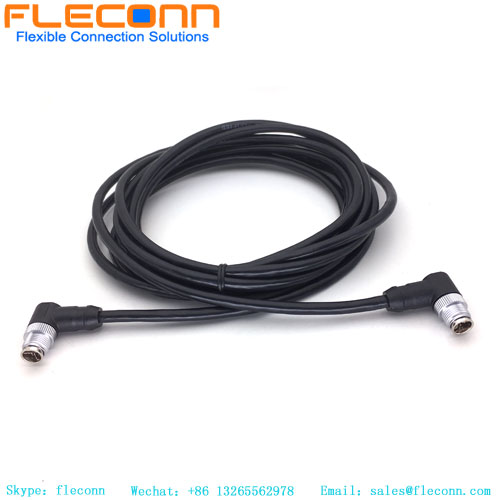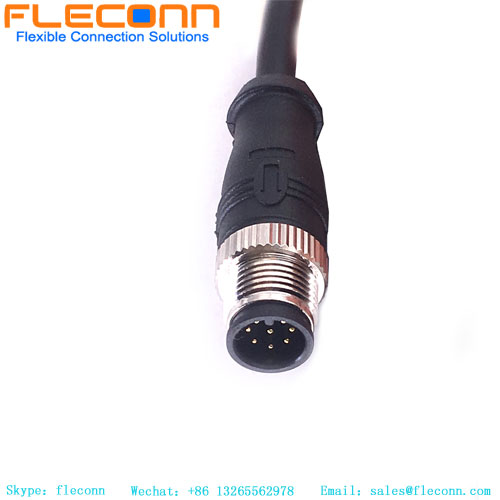M5 Connector
M5 Connector Cable
M8 Connector
M8 Molded Connector
M8 Field Wireable Connector
M8 PCB Panel Mount Connector
M8 Panel Mount Connector with Solder-Cup Terminals
M8 Panel Mount Connector With Cable
M8 Cable 3 4 5 6 8 Pin,M8 Sensor Cable
M12 Connector
M12 Molded Connector
M12 Field Wireable Connector-Plastic Cover
M12 Field Installable Connector-Metal Shell
M12 Panel Mount Connector-Soldering Wire
M12 PCB Panel Mount Connector-Straight
M12 PCB Panel Mount Connector - 90 Degree Pins
M12 X-coded Connector
M12 T-Connector Y-Splitter Adapter
M12 Cable-3 4 5 6 8 12 17 Pin Male and Female Connector Cable
M12 A-coded Connector Cable
M12 B-coded Connector Cable
M12 D-coded Connector Cable
M12 X-coded Connector Cable
M12 S-coded Connector Cable
M12 K-coded Connector Cable
M12 L-Coded Connector Cable
M12 Y-Coded Connector Cable
M12 To RJ45 Ethernet Cable
M16 Connector
M16 Connector Cable

